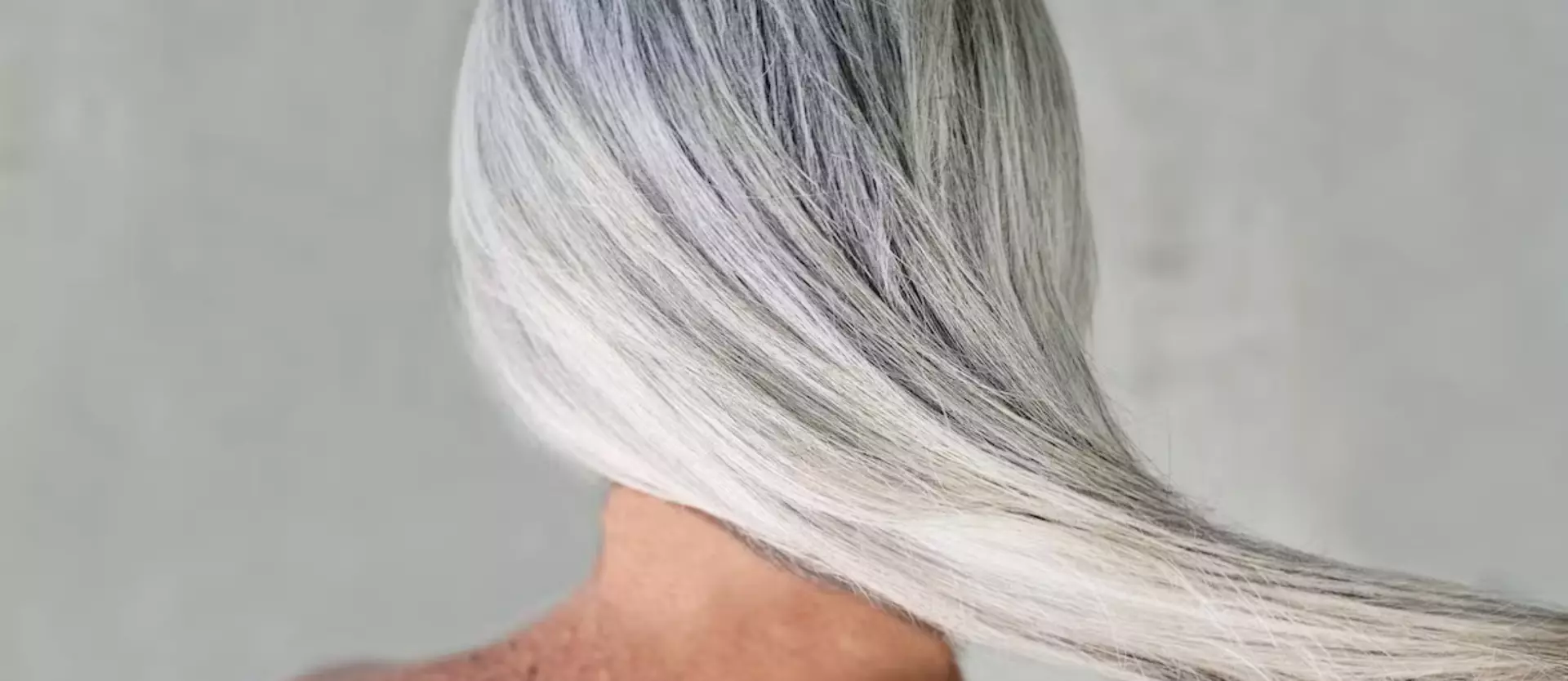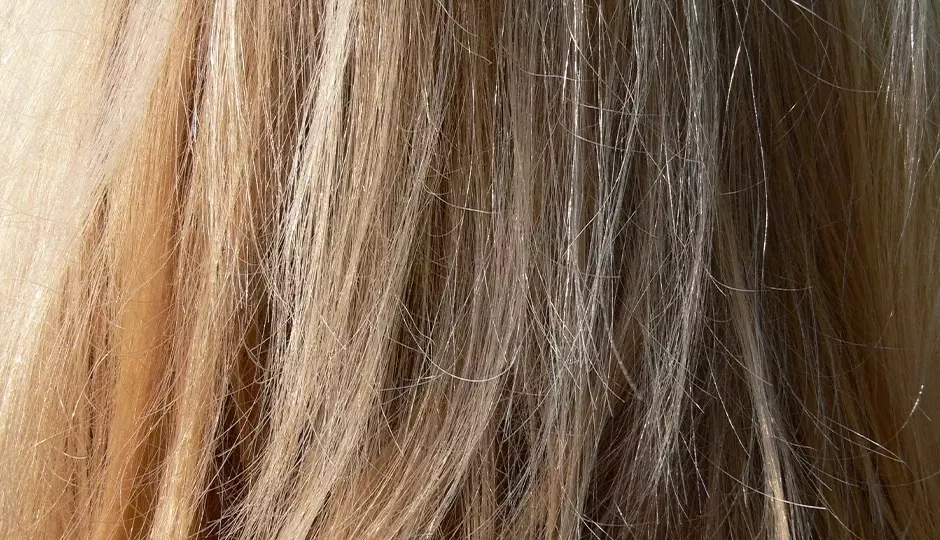Menopause is a natural and inevitable stage in a woman's life, marking the end of her reproductive years. While it is commonly associated with various symptoms like hot flashes, mood swings, and changes in libido, one of the less discussed but equally significant concerns is thinning hair.
October is Menopause Awareness Month and at Bravadas we want to help spread the word about how that can affect your hair. Menopause is a natural and inevitable stage in a woman's life, marking the end of her reproductive years. Most Bravadas customers are experiencing hair loss and some of them are losing their hair due to menopause. While it is commonly associated with various symptoms like hot flashes, mood swings, and changes in libido, one of the less discussed but equally significant concerns is thinning hair. The connection between menopause and hair loss is a topic that many women find distressing and yet may not fully understand. In this blog post, we will explore the link between menopause and thinning hair, its causes, and potential solutions.
Understanding Menopause
Menopause typically occurs in a woman's late 40s to early 50s, and it is defined as the cessation of menstruation for 12 consecutive months. During this transitional period, the body undergoes hormonal changes, primarily a reduction in estrogen and progesterone levels. These hormonal fluctuations can trigger various physical and emotional symptoms, including hair loss.
The Hormonal Connection
- Estrogen and Hair Health: Estrogen plays a crucial role in maintaining hair health. It promotes hair growth, strengthens the hair shaft, and prolongs the hair growth cycle. When estrogen levels drop during menopause, hair may become more prone to thinning.
- Androgens and Hair Loss: Simultaneously, androgen hormones, such as testosterone, may become more dominant in the body. High levels of androgens can lead to hair thinning and pattern baldness, a condition called androgenetic alopecia. This condition can affect both men and women, but it becomes more pronounced in women during and after menopause.
Causes of Thinning Hair During Menopause
- Telogen Effluvium: Telogen effluvium is a type of hair loss that is often associated with hormonal changes, including those during menopause. This condition occurs when a larger number of hair follicles enter the resting phase, resulting in excessive hair shedding.
- Androgenetic Alopecia: As mentioned earlier, the increase in androgen hormones can trigger androgenetic alopecia. Hair loss typically begins at the crown and the top of the head, gradually thinning hair and reducing volume.
- Changes in Hair Texture: Menopause can alter the texture of the hair, making it thinner, finer, and more prone to breakage. This can give the appearance of thinning hair, even though the actual number of hair follicles may remain the same.
Solutions for Thinning Hair During Menopause
- Hormone Replacement Therapy (HRT): Hormone replacement therapy can help alleviate some menopausal symptoms, including hair thinning. By restoring estrogen levels, HRT may slow down or reverse the hair loss process.
- Topical Treatments: Over-the-counter and prescription topical treatments, such as minoxidil, can stimulate hair growth and increase the diameter of hair shafts, thereby improving hair density.
- Nutritional Support: Maintaining a well-balanced diet rich in essential nutrients like biotin, vitamins, and minerals can support hair health. Consult with a healthcare professional or a nutritionist for personalized dietary recommendations.
- Hair Care Practices: Be gentle with your hair. Avoid tight hairstyles, excessive heat styling, and harsh hair treatments. Opt for sulfate-free shampoos and conditioners that are designed to promote hair thickness.
- Consult a Specialist: If hair loss becomes a significant concern during menopause, it's advisable to consult a dermatologist or trichologist. They can provide personalized advice and treatment options based on your specific needs.
Our first concern at Bravadas is helping you stop losing your hairhelping you stop losing your hair. Wigs and toppers are tools we use to help you look and feel your best while you work to stop losing the hair you have. Menopause and thinning hair are intertwined, primarily due to hormonal fluctuations. While hair loss can be distressing, there are various treatments and lifestyle adjustments that can help manage and even reverse the effects. Women should consult healthcare professionals to determine the best approach for their individual circumstances and gain the confidence to embrace this transformative phase in their lives. Remember, you're not alone, and there are solutions to help you navigate the challenges of menopausal hair changes.
If you need solutions to your hair loss, we invite you to contact us for a FREE consultation




